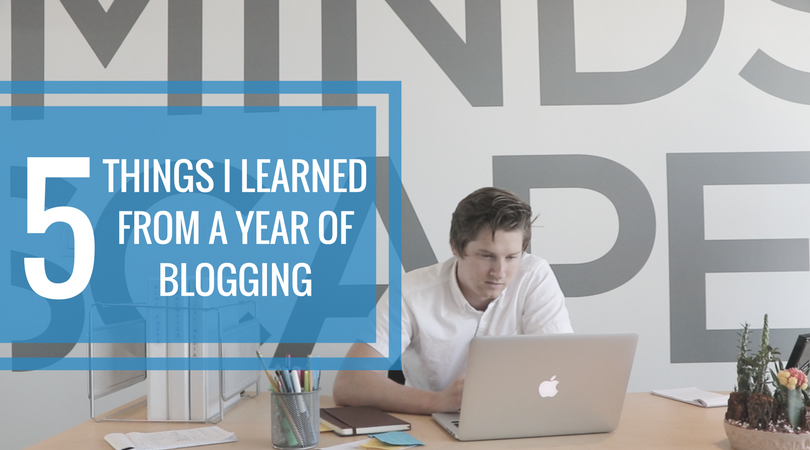
While I was an experienced writer, I didn’t understand the colossal difference between writing content for a digital marketing strategy and writing news articles, reviews, and other non-marketing content.
I spent my first two months intensively learning the ins and outs of SEO and keyword research under the tutelage of a strategist. I learned the specific MINDSCAPE blogging process under the senior content writer. And I picked up a few tips from the resident designers and developers.
I was overflowing with knowledge and ready to take on the world. But alas, there are some things that training can’t teach you; there some things that you learn on the job.
Luckily for you, I have documented some of those things, so you don’t have to spend a year blogging to figure them out. Below are five key things that I have taken away from my past year of blogging. Hopefully, they’ll save you from having to learn a hard lesson or two.
1. Not every post is going to be a winner.
2. Writing isn’t even half the battle.
3. Blogging is one part of a holistic strategy.
4. Different posts have different purposes.
5. Ranking isn’t everything.
If you’re just starting out as a professional blogger and would like to learn more about what it takes to get started in the world of content creation, check out our “Intro to Blogging” Lunch and Learn on Thursday, August 17th!




